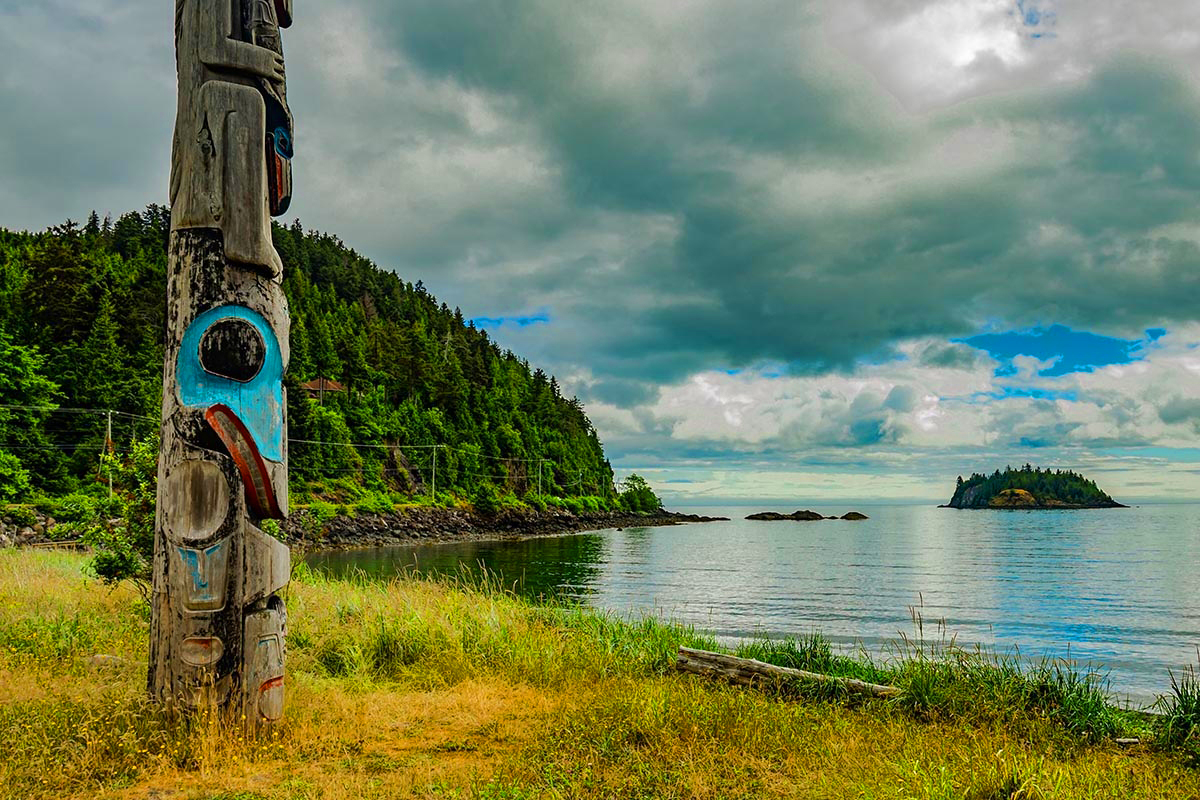
Mark 1:9 At that time Jesus came from Nazareth in Galilee and was baptized by John in the Jordan.
Baptism was Jesus’ doorway to public ministry. It marked a new direction in his life.
Sometimes this gets lost in translation. The Gospels say that John came preaching a baptism of repentance. We tend to think that means apologizing for doing something wrong. The more sorry you are, the more you have repented.
But “repent,” actually means to turn and go in a new direction. John was offering baptism as a turning point in a person’s life. He was inviting people to leave the past behind and embrace a new future. John was preaching radical grace.
In Cherokee tradition, every sunrise is a harbinger of that same radical grace. Every morning—every day of the year in all kinds of weather—Cherokee people plunge into the frigid mountain streams—not once, not twice, but seven times.
Like the great prophet Elisha, the Cherokee people knew this ritual had healing power (2 Kings 5). They trusted the waters for protection before a ball game. They trusted the mountain streams to wash away the stain of war. They trusted the river to return them to balance (shalom).
But every single time they went to water they expected it to be a life-changing experience. They expected to leave behind all of their accomplishments and all of their failures. They expected to face the rising sun and find radical grace for the new day. They expected God to deliver, and that is what God did.
The Cherokee were not unique in coming to the water. Other Native Nations saw God working in the same way. Many of them tell sacred stories about the way Creator gave them birth through the waters of Creation.
But the Indians of the Pacific Northwest may have the most powerful river stories of all. To outsiders, these are the Totem Pole people. But they know themselves as Salmon People.
Each year the salmon come back to the people who depend upon them for life. The salmon gladly give themselves that the people might have life. But if the people treat the salmon with disrespect, then the cycle of life will be broken.
The people must reverently return the bones of the salmon to the river, always pointing upstream to their final destination. If they do this, then the salmon are resurrected by the Creator, and the harvest will always be bountiful.
But if we dishonor the river or her creatures, then the salmon will not return. Honor and respect keep the cycle of life in balance.
The Totem People see their relationship with the waters of life to be profoundly eucharistic. They receive life from the river, give it back again, and the sacred circle of life goes on.
Have you gone to water lately?
Today our rivers are compromised, but they are still sacred sources of life. When he was ready for a turning point in his life, Jesus went to water. If you are looking for a turning point in your life, the river is calling you too. Take some time to listen. It just might be a turning point in your life too.
O Creator, your mighty rivers have been speaking since time began. Take me to the water, and let me listen until my life turns around.
